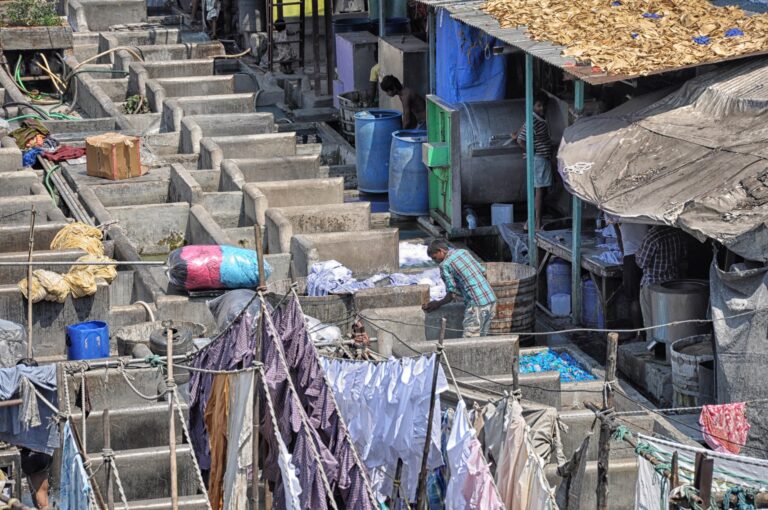Physical Address
304 North Cardinal St.
Dorchester Center, MA 02124
Physical Address
304 North Cardinal St.
Dorchester Center, MA 02124

Zoning regulations inflict great harm. But it is difficult for Americans to imagine the cost of zoning in Indian cities. Delhi is one of the most crowded cities in the world, and there is great demand for floor space. But real estate developers are not allowed to build tall buildings.
Commercialism is blamed for most of the evils that plague society, inside and out of India. In the Indian city of Coimbatore, roads have become narrower and traffic more intense. There is not enough space for pedestrians. Many residents blame the city’s rising level of commercialization. Are these people correct? If they were, the world’s most commercial cities would be the least livable. But anyone with a modicum of education or travel experience knows this is not true. The cities with the most economic freedom, commercial enterprise and prosperity–think Hong Kong, Singapore, London, Sydney and Vancouver–also have the highest living standards. Similar studies show that the cities with the lowest living standards, meanwhile, are in countries that are developing, or that are suffering under repressive, anti-capitalist regimes (think Caracas, Venezuela, the world’s most dangerous city). Nevertheless, it is clear that the most commercialized Indian cities have become less livable in some important ways, such as by suffering from more congestion. So, what is going on? It is true that people migrate to cities with more commercial enterprise. It may seem that such “crowding” is unpleasant. But people are migrating to these cities precisely because there are more shops, hospitals, schools, leisure spaces and other amenities. The fact that there is already a heavy concentration of people in these cities is an important factor also, since that means there are more potential employers and business associates. Alas, the existence of people somewhere lures yet more people. Indeed, it is hard to think of a neighborhood where real estate prices have significantly fallen because of population growth. Such neighborhoods may have become more crowded…but that does not mean they are less livable. Moreover, vast population growth and crowding are not the same. Population density is defined as the number of people living on […]
In this exclusive interview to PropGuide, legendary economist David Friedman, who studied at Harvard University and University of Chicago, says that the government should allow developers to build high-rises to make homes affordable for everyone by 2022. I met David Friedman at Starbucks in Connaught Place, the Central Business District of Delhi. Starbucks, which exemplifies the age of aesthetics, tends to maintain consistency in look, feel and attitude across the world. But, its store in Delhi’s premier market reeks of traditionalism, with bare cement interiors, local crafts and furniture. The Connaught Place market, though somewhat dilapidated, is one of the most expensive office spaces in the world. Starbucks, which does not have many outlets in India, bought space here because as per its brand values, it cannot afford to open stores where the catchment area does not justify the investment. The young men and women who listened to Friedman consuming expensive retail space without consuming the expensive coffee epitomize India’s leisurely café culture. Economist David Friedman is one of the most creative minds of our times. Friedman studied Physics at Harvard and Chicago, and has never taken a course for credit in economics or law. But, the finest of minds vouch that Friedman’s class on legal systems is the best economics course in the world. David Friedman is the son of Milton Friedman, the 1976 winner of Nobel Prize in Economics, and economist Rose Director. Rose Director was the co-author of Milton’s best-selling book, ‘Free to Choose’ and sister of economist Aaron Director who was instrumental in the development of the Chicago School of Economics. Here are excerpts from an interview: Shanu Athiparambath: Economist Tyler Cowen said that when he visited India, he was surprised to see crowded streets where nothing happened. He couldn’t see their possessions, because they live on the streets. Why are so […]